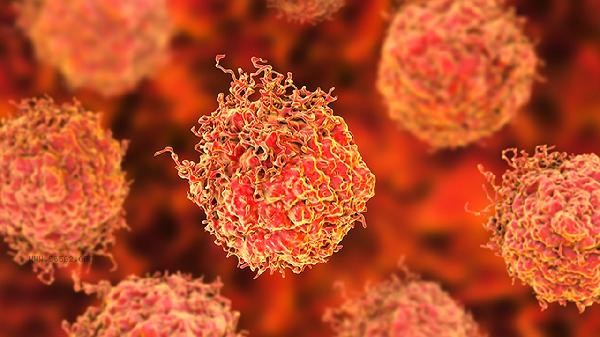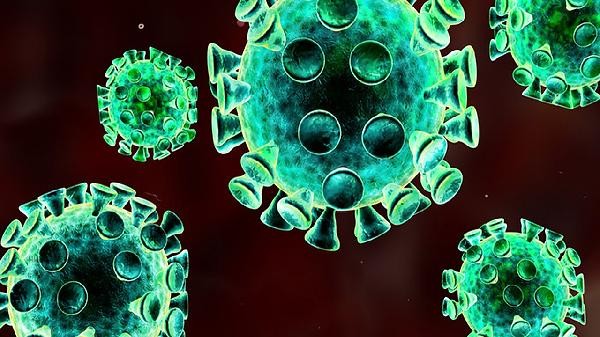Prothrombin time of 140 seconds cannot directly diagnose early cancer. Abnormal coagulation function may be caused by factors such as vitamin K deficiency, cirrhosis, drug effects, genetic diseases, or disseminated intravascular coagulation.

1. Vitamin K deficiency:
Vitamin K is an essential nutrient for synthesizing clotting factors, and long-term dietary imbalances or intestinal absorption disorders can lead to its deficiency. Insufficient intake of green leafy vegetables, animal liver, and other foods, or long-term use of antibiotics that can damage gut microbiota, may all affect the synthesis and absorption of vitamin K. This situation can be improved by adjusting the diet structure or supplementing with vitamin K. 2. Liver disease: Severe liver diseases such as cirrhosis can significantly reduce the ability to synthesize coagulation factors. The liver is the main organ that produces clotting factors, and when liver function is impaired, the prothrombin time will be significantly prolonged. Patients usually experience symptoms such as jaundice and ascites, and require intervention through liver protection treatment and coagulation factor infusion.
3. Effects of anticoagulant drugs:
Anticoagulants such as warfarin can interfere with vitamin K metabolism and intentionally prolong clotting time to prevent thrombosis. During medication, regular monitoring of coagulation function is necessary, and the dosage should be adjusted according to the international standardized ratio. When there is a sudden abnormal prolongation of clotting time, it is necessary to consider the possibility of drug overdose.
4. Hereditary coagulation disorders:

Hereditary diseases such as hemophilia can lead to the loss of specific coagulation factors. This type of disease often occurs in childhood, manifested as recurrent joint bleeding or subcutaneous bruising. Diagnosis requires testing for coagulation factor activity, and treatment mainly focuses on supplementing missing coagulation factors.
5. Diffuse intravascular coagulation:
Severe infections, trauma, or malignant tumors may trigger this critical condition. The overactivation of the coagulation system leads to a significant consumption of coagulation factors, accompanied by a decrease in platelets and fibrinogen. Urgent treatment of the primary cause and supplementation of clotting substances are required. When coagulation function test is abnormal, other indicators should be combined to make a comprehensive judgment. Suggest improving liver function, blood routine, tumor markers and other examinations, and conducting imaging evaluations if necessary. Avoid vigorous exercise and external injuries in daily life, and increase intake of foods rich in vitamin K, such as spinach, broccoli, and other dark green vegetables. Regularly check the coagulation function and seek medical attention promptly to investigate the cause if any progressive abnormalities are found. For those who take anticoagulant drugs for a long time, they should strictly follow the doctor's advice to adjust the dosage and monitor the bleeding tendency.










Comments (0)
Leave a Comment
No comments yet
Be the first to share your thoughts!